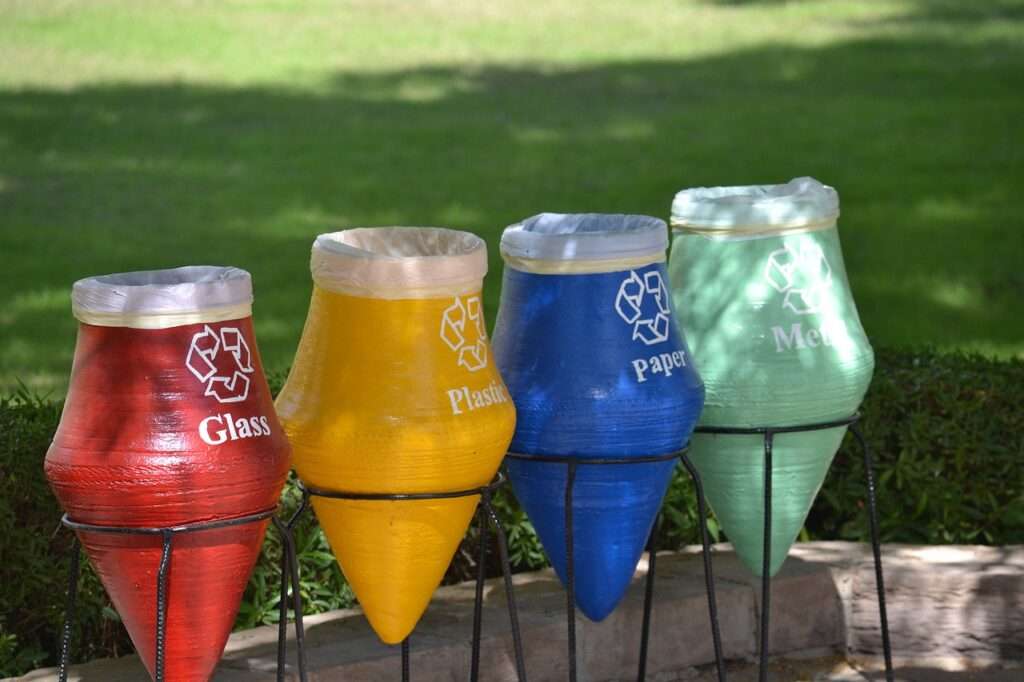
Slow living is a lifestyle that highlights slowing down the pace of life by simplifying daily routines, and being more present and mindful in each moment. It encourages individuals to prioritize their well-being, relationships, and overall quality of life over the constant pursuit of productivity and material possessions.
The key of slow living is embracing a more balanced and intentional way of living. It encourages individuals to savor the simple pleasures in life, such as enjoying a leisurely meal, taking a walk in nature, or spending quality time with loved ones. Slow living encourages individuals to be fully present and engaged in these activities, rather than rushing through them or multitasking.
One of the key principles of slow living is slowing down the pace of life. This involves simplifying daily routines and schedules, avoiding excessive commitments, and creating space for rest and relaxation. By slowing down, individuals can reduce stress, increase their overall well-being, and cultivate a greater sense of inner peace.

Another principle of slow living is prioritizing mindful consumption. This means being more conscious of the things we buy and consume, and considering their impact on our well-being, the environment, and society as a whole. Slow living encourages individuals to adopt a more sustainable and ethical approach to consumption, such as buying locally produced goods, supporting fair trade practices, and minimizing waste.
Mindful consumption refers to the practice of being conscious and intentional in our choices and behaviors related to consuming goods and services. It involves being aware of the impact our consumption has on ourselves, others, and the environment.
In today’s fast-paced and consumer-driven society, mindful consumption encourages individuals to consider the consequences of their purchasing decisions. It encourages a shift from impulsive and excessive consumption to a more thoughtful and responsible approach.
Here are some key aspects of mindful consumption:
1. Awareness: Mindful consumers strive to be aware of their own needs and desires, distinguishing between genuine necessities and impulsive wants. They are conscious of the reasons behind their consumption habits and the potential consequences.

2. Ethical considerations: Mindful consumers take into account the ethical aspects of their consumption choices. They consider factors such as fair trade, workers’ rights, animal welfare, and environmental sustainability when deciding what to purchase.
3. Quality over quantity: Rather than pursuing endless accumulation, mindful consumers focus on the quality and durability of the products they buy. They prioritize long-lasting items that provide value and reduce waste.
4. Minimalism: Mindful consumption often aligns with minimalist principles, advocating for a simpler and clutter-free lifestyle. It involves decluttering and avoiding unnecessary purchases, promoting a sense of contentment and reduced environmental impact.

5. Local and sustainable options: Mindful consumers support local businesses and seek out sustainable alternatives. They consider the environmental footprint of products and aim to minimize transportation emissions by choosing locally sourced goods.
6. Waste reduction: Mindful consumption involves reducing waste through practices such as recycling, reusing, and composting. It also includes avoiding single-use items and opting for products with minimal packaging.
7. Conscious decision-making: Mindful consumers make deliberate choices, taking time to research and consider the implications of their purchases. They may ask questions about the origin, production methods, and the social and environmental impact of the products they buy.

By practicing mindful consumption, individuals can contribute to a more sustainable and responsible society. It allows us to align our values with our actions, making choices that promote personal well-being, social justice, and environmental preservation.
In addition, slow living promotes a deeper connection with nature. It encourages individuals to spend time outdoors, appreciate the beauty of the natural world, and engage in activities that foster a sense of connection with the environment. This can involve activities like gardening, hiking, or simply spending quiet moments in nature.
Overall, slow living is a holistic approach to life that encourages individuals to slow down, be present, and cultivate a greater sense of meaning and fulfillment. It is a conscious choice to prioritize well-being, relationships, and the simple joys of life, leading to a more balanced and fulfilling existence.